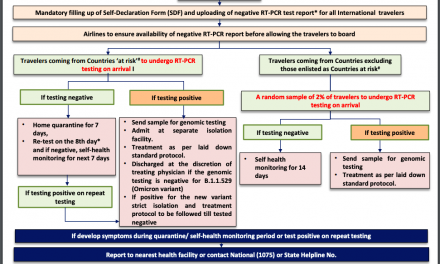A recent study from Brigham and Women’s Hospital in Boston, MA, underscores the potential cognitive risks associated with shingles, also known as herpes zoster. According to the research published in Alzheimer’s Research & Therapy, individuals who have had shingles are 20% more likely to experience subjective cognitive decline (SCD) later in life. This finding further emphasizes the importance of vaccination against shingles.
Shingles is caused by the varicella zoster virus (VZV), the same virus responsible for chickenpox. After the initial chickenpox infection, VZV remains dormant in the body and can reactivate later in life to cause shingles. Given the widespread incidence of chickenpox in past generations, nearly all adults over 50 in the U.S. carry the VZV virus and are thus at risk of shingles unless vaccinated.
The study reveals a notable association between a history of shingles and an increased risk of subjective cognitive decline—a condition where individuals perceive a decline in cognitive function, even though objective testing may not yet show impairments. Dr. Tian-Shin Yeh, the study’s first author, explained that SCD might not always be detected through routine clinical evaluations but could be an early indicator of more serious cognitive issues.
Furthermore, the research highlights that men carrying the APOE4 gene, which is linked to cognitive impairment and dementia, are at a higher risk of SCD following shingles compared to women. This genetic link, though intriguing, remains poorly understood and calls for more research to elucidate the underlying mechanisms.
Dr. Ozan Toy, a neuropsychiatrist not involved in the study, noted that while SCD might seem mild, it could potentially progress to mild cognitive impairment (MCI) or dementia. Studies suggest that approximately 7% of those with SCD progress to dementia, and 21% to MCI, making early detection and intervention critical.
The study also highlights a potential vascular connection between shingles and cognitive decline. Dr. Yeh pointed out that VZV has been linked to an increased risk of vascular diseases, including stroke, which can contribute to cognitive impairment. The inflammation and neuronal damage associated with VZV reactivation may further exacerbate cognitive issues.
Given these findings, the study reinforces the value of shingles vaccination as a preventive measure not only against the painful rash associated with shingles but also against potential long-term cognitive decline. Vaccination remains a crucial tool in mitigating the risks associated with shingles and maintaining overall brain health.
For those who have yet to receive the shingles vaccine, this study provides an additional incentive to consider vaccination as part of a comprehensive approach to health and cognitive well-being.












